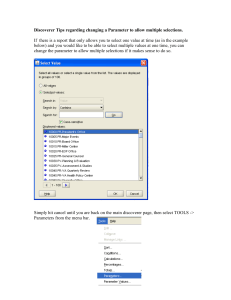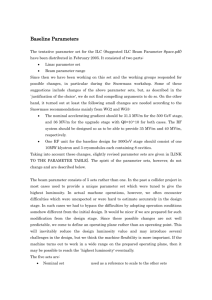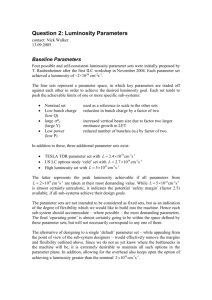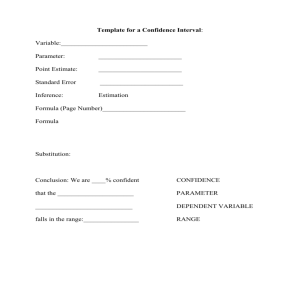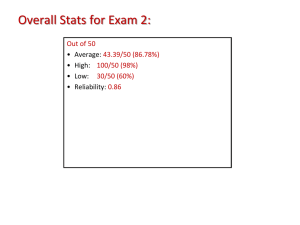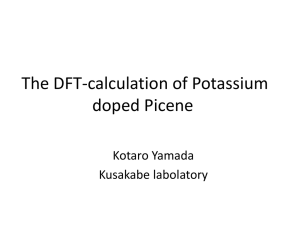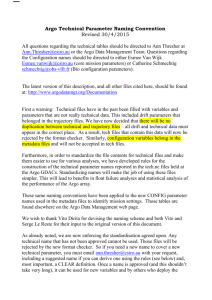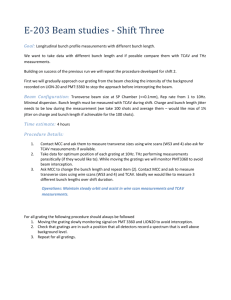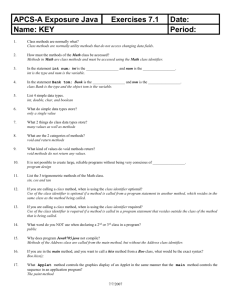Baseline Parameters
advertisement
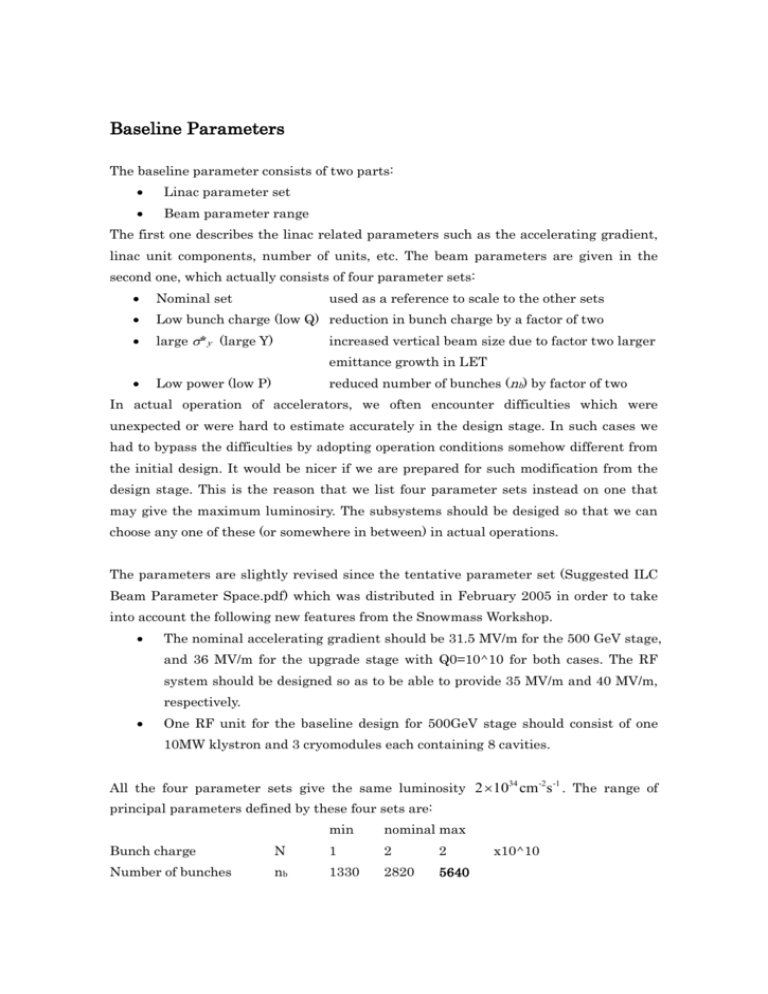
Baseline Parameters The baseline parameter consists of two parts: Linac parameter set Beam parameter range The first one describes the linac related parameters such as the accelerating gradient, linac unit components, number of units, etc. The beam parameters are given in the second one, which actually consists of four parameter sets: Nominal set Low bunch charge (low Q) reduction in bunch charge by a factor of two large *y (large Y) used as a reference to scale to the other sets increased vertical beam size due to factor two larger emittance growth in LET reduced number of bunches (nb) by factor of two Low power (low P) In actual operation of accelerators, we often encounter difficulties which were unexpected or were hard to estimate accurately in the design stage. In such cases we had to bypass the difficulties by adopting operation conditions somehow different from the initial design. It would be nicer if we are prepared for such modification from the design stage. This is the reason that we list four parameter sets instead on one that may give the maximum luminosiry. The subsystems should be desiged so that we can choose any one of these (or somewhere in between) in actual operations. The parameters are slightly revised since the tentative parameter set (Suggested ILC Beam Parameter Space.pdf) which was distributed in February 2005 in order to take into account the following new features from the Snowmass Workshop. The nominal accelerating gradient should be 31.5 MV/m for the 500 GeV stage, and 36 MV/m for the upgrade stage with Q0=10^10 for both cases. The RF system should be designed so as to be able to provide 35 MV/m and 40 MV/m, respectively. One RF unit for the baseline design for 500GeV stage should consist of one 10MW klystron and 3 cryomodules each containing 8 cavities. All the four parameter sets give the same luminosity 2 10 cm s . The range of 34 -2 -1 principal parameters defined by these four sets are: min nominal max Bunch charge N 1 2 2 Number of bunches nb 1330 2820 5640 x10^10 Linac bunch interval tb 154 308 461 ns Bunch length z 150 300 500 m Vertical emitance y 0.03 0.04 0.08 mm.mrad IP beta (500GeV) x 10 21 21 mm y 0.2 0.4 0.4 mm x 10 30 30 mm y 0.2 0.3 0.6 mm IP beta (1TeV) In addition to the four sets, one more set called `High L' that would give a luminosity as high as L 5 10 cm s 34 -2 -1 is listed for reference. This is not a part of the baseline. During the Snowmass Workshop a few problems or other possibilities were suggested. Difficulty of Low Q case Difficulties of High L case in particular for 1TeV with a small crossing angle Long Pulse Length in the Main Linac Smaller Number of Bunches with Higher Rep Rate We did not adopt these suggestions since there seems to be no compelling reason to change the basic parameter sets. However, these suggestions give hints for the R&D required for the baseline or alternative parameter sets. Required R&D for the Baseline The performace of the proposed two-stage bunch compressor need to be confirmed including errors. It is also desirable to see if a shorter two-stage compressor is feasible or not. The Damping Ring Design with 6000 bunches need to be established. Required R&D for the Alternative Parameters Long Pulse with 5 Hz or 10 Hz Technical feasibility of a long-pulse RF system need to be investigated in addition to its detailed cost estimation.
